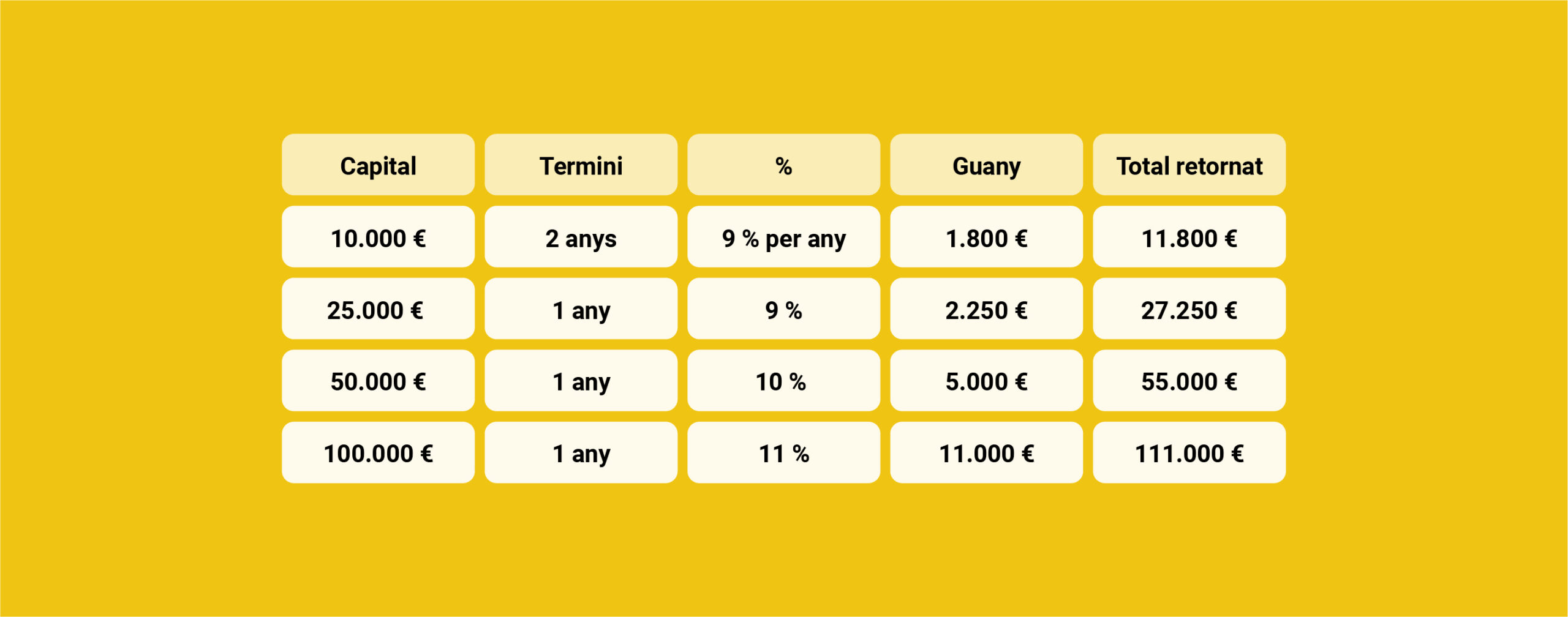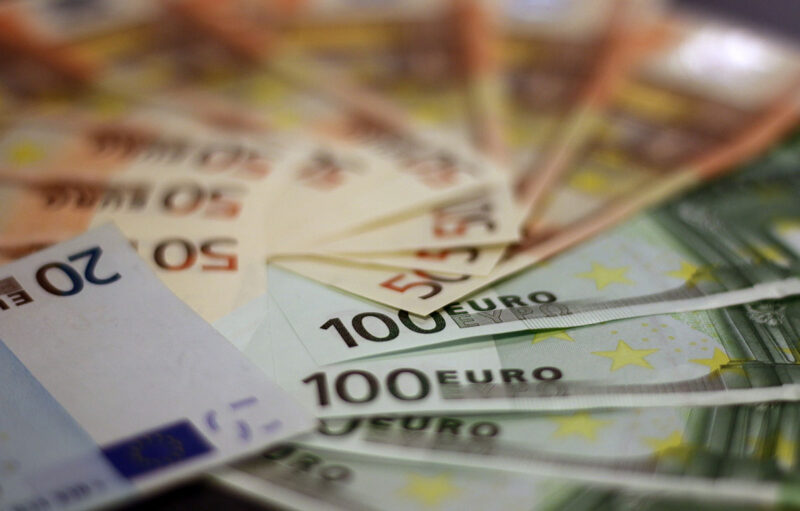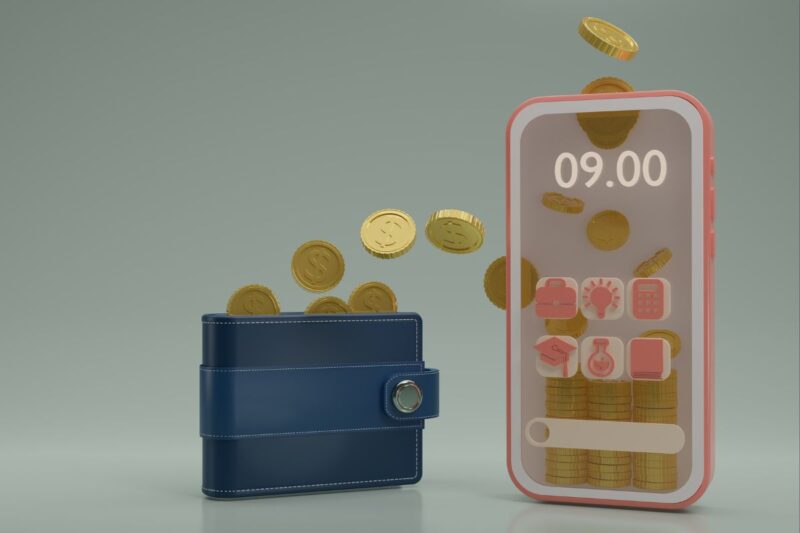

How to counter the rising food prices
The price of the shopping basket has risen by more than 30% in the last two years, while families are withdrawing record amounts of deposits to cope with inflation. Even so, can we compensate for it with the returns on our savings?
According to the annual study by the Organisation of Consumers and Users (OCU), the cost of the shopping basket has risen by 14.1% since September 2022, a cumulative increase of 30.8% in the last two years. This is the highest increase in the 35 years that the Consumers’ Organisation has been carrying out this survey.
This price increase affects 90% of the basic products usually offered in supermarkets, and is led by sugar (65.7%), condensed milk (61.4%), carrots (56.1%) and frozen chips (49.7%). Among the few products that fell, sunflower oil (-39.8%) led the way, although the drop in its price is due to the fact that it rose much more last year.
Likewise, according to data published by the INE, inflation consolidated its upward trend and rose to 3.5% in September, while food prices continued to grow well above this figure. The Bank of Spain forecasts that this year will close with a year-on-year inflation rate of 3.6% and that it will reach 4.3% in 2024.
Historic withdrawal of bank deposits
Statistics published last Thursday by the Bank of Spain show that households closed August with 963,040 million euros in their accounts. This is equivalent to 21,847 million less than at the close of 2022, 2.22% of the total. Such an abrupt collapse in household bank deposits has not been seen since the years of the 2008 financial crisis.
Gone is the trend of households steadily increasing bank deposits as the economic crisis worsened due to the COVID-19 pandemic. Now there is a need to cope with rising costs due to high inflation and rising interest rates on loans, especially mortgages.
In this context, the low remuneration offered by traditional banks for customer deposits has stimulated the flight of deposits in favour of other products and investments that offer a higher return on savings or, at least, avoid the erosion of the value of the money left in the bank.
Diversification of savings in search of better returns
We are facing a process of savings depletion that is accelerating. Something that we at 11Onze have been saying for months, but is there any way to protect our savings? Is it possible to ensure our purchasing power in the short term with the aim of achieving earnings well above inflation?
At 11Onze Recommends we are convinced that it is, and we offer you two products that generate exceptional returns. With Litigation Funding you only need an initial contribution of 10,000 euros to obtain earnings of up to 9% at the end of the contract, i.e. 1 or 2 years depending on the case and the amount. While Monthly Return is designed for individuals and companies that can contribute a minimum of 100,000 euros, so that they can obtain returns of 22.5% in 24 months.
If we assume that a family spends an average of 6,000 euros a year on food, a price increase of 14.1% (in the last year) is equivalent to 846 euros. An increase in household spending that Litigation Funding, even with the minimum contribution, would more than compensate, generating a return well above those of traditional bank deposits.






👏👏
Gràcies, Daniela!!!
👌
Gràcies, Carles!!!
Gràcies
Gràcies a tu, Alícia, per ser-hi i per seguir-nos!!!
Bons productes, merci!!!!
Moltes gràcies pels teus afalagaments, Manel!!!
Gràcies
Gràcies a tu, Joan!!!
Molt interessant!
Moltes gràcies, Marc, celebrem que t’hagi agradat, i agrair-te, també, el teu comentari.